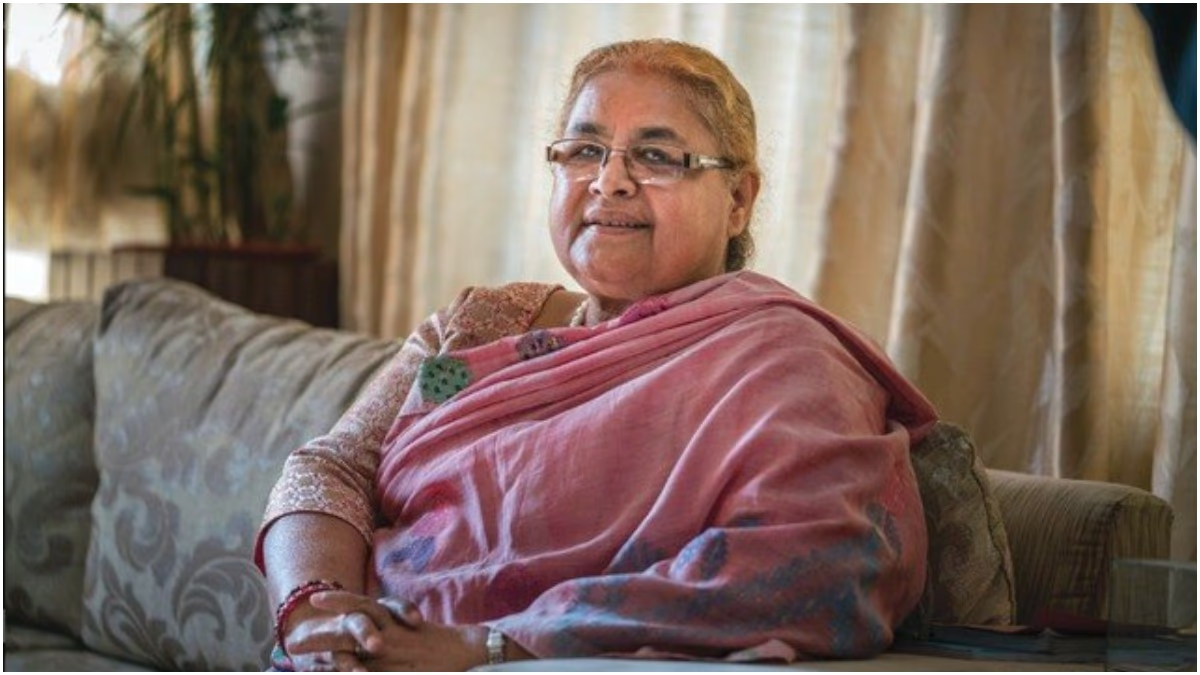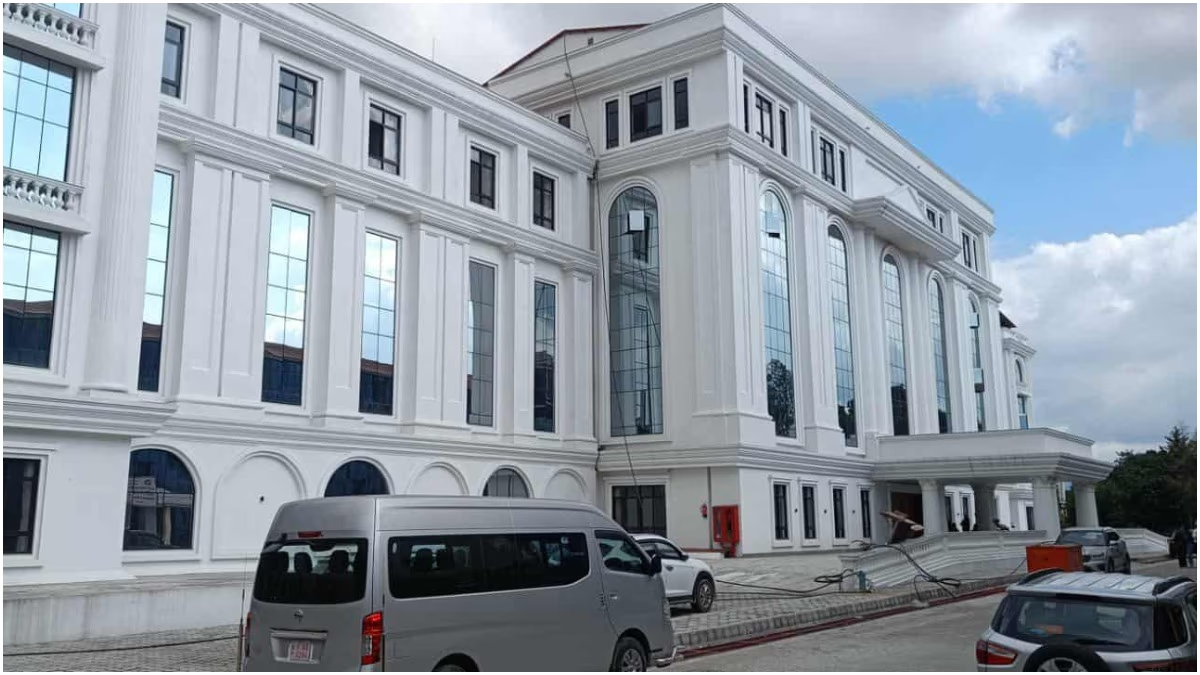Amidst the intense political crisis that emerged following violent protests led by Gen-Z in Nepal, President Ram Chandra Paudel has dissolved the current parliament. In a decisive move, it has been agreed, with input from Army Chief General Ashok Raj Sigdel, that former Chief Justice Sushila Karki will be the leader of the interim government. After the discussion, President Paudel invited Karki for a meeting to entrust her with this responsibility, which she graciously accepted.
She is set to take her oath at the President's residence tonight. Following this, there is a possibility that an emergency will be declared starting from midnight, given the current state of affairs.
The nationwide violent protests on September 8th and 9th, led by Gen-Z against Prime Minister KP Sharma Oli's government over corruption, favoritism, and social media bans, forced him to resign. The demonstrators demanded the dissolution of the current parliament and the establishment of an interim government until the next national elections, a demand the President accepted after consulting with the Army Chief.
Preparations for a Small Cabinet Formation
A small cabinet under the interim government is being prepared. Senior advocate Om Prakash Aryal and former head of Nepal Electricity Authority Kulman Ghising might join as ministers. One or two representatives from Gen-Z groups could also be included in the interim government. After Sushila Karki's oath, the first cabinet meeting of the interim government will happen at the President's residence, where decisions regarding the declaration of a state of emergency, a judicial inquiry commission, and an anti-corruption commission might be made.
Emergency Declaration Imminent
Considering the current situation, the President may declare an emergency starting at midnight, based on the interim government's recommendation. According to Article 273 of the Nepalese Constitution, if any calamity, war, natural disaster, or armed rebellion occurs, an emergency can be declared for up to six months. During this period, the army will assume responsibility for national security.
Sushila Karki began her legal career in 1979 as a lawyer in Biratnagar and rose to become a judge of the Supreme Court in 2009. She became Nepal's first female Chief Justice in 2016, earning a reputation for her steadfast stance against corruption, notably in holding current minister Jay Prakash Gupta accountable and ordering his imprisonment. Karki graduated with a law degree from Tribhuvan University in 1975 and completed her master's in Political Science at Banaras Hindu University in 1978.
In 2017, she faced an impeachment proposal brought by the ruling coalition (Maoist Center and Nepali Congress), accusing her of bias and overreach in cases such as the appointment of the police chief. However, due to public pressure and an interim order from the Supreme Court advising parliament not to proceed with the proposal, it was eventually withdrawn. Despite these challenges, she maintained her reputation as an independent and reformist judge.




